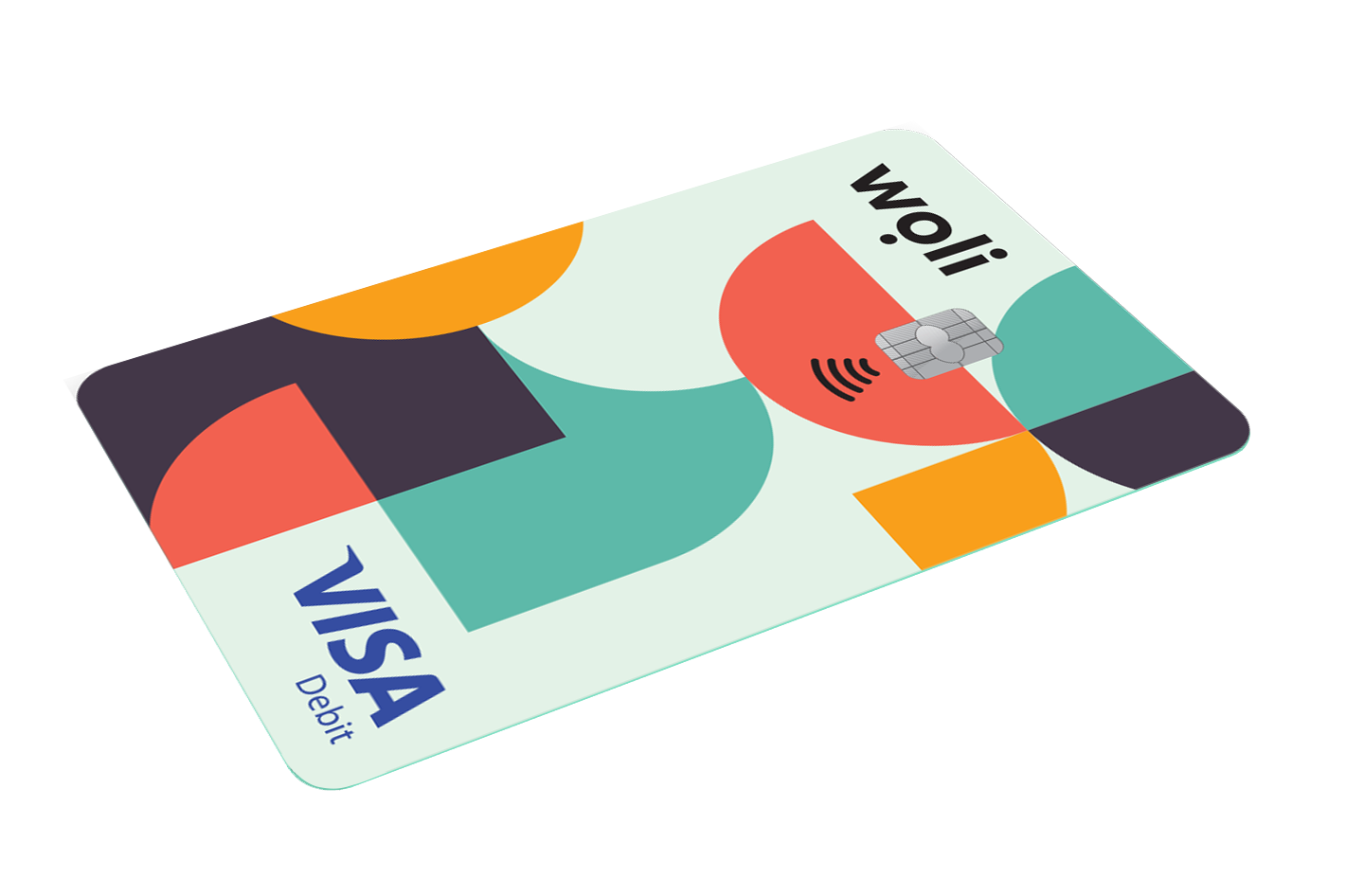In the previous article, talking about the role of the parent and how he can help his child understand the value of saving, we commented on some basic theoretical variables. Now, let’s get more specific and look at some practical suggestions:
I set an example in my own way. Children learn not only with words but also with experience, either their own or that of the important people around them. They build their own habits and behaviors while imitating what their father or mother does. When we save for the family holidays or for the new car, we show the dedication required to the effort and goal we set in order to achieve it. In other words, we show the child the way while giving him ideas, goals and motivation to save by setting long-term as well as short-term goals.
I advise my child, giving him/her guidance and directions. With some simple changes in his daily habits, we show him how we can save a lot of time, energy and, in the future, money. For instance:
We stay focused on the goal until completion. We advise the child to concentrate on the process by taking small steady steps, working undistracted until the achievement of his goal. We should explain to him that when he comes up with various reasons to interrupt, then he will need to consume extra time to concentrate again on what he is dealing with.
We keep some constant routines. It may sound a bit boring, but it eliminates the waste of time, often money, that the child spends every day, as he oscillates between too many options. Either, for example, this concerns the fixed time he will do his lessons, or having prepared in the evening what he will snack on at school and what clothes he will wear the next day, so that he does not look for the hours at the last minute.
We socialize. An essential ingredient for a happy life has been proven to be the presence of healthy social relationships and associations. The company that chooses the child to spend some time, not only does not waste his resources, but on the contrary, fills him with energy and mood for life and development.
Finally, I take care of my child’s education, offering him smart ways of learning, such as his participation in the Woli Academy. Thus, the child gradually realizes that if he wants to do something great in his life, he must first be able to adopt constructive financial and social habits, to properly save and channel his resources and energy, while at the same time he learns to protect himself from habits that disorient him and endanger his well-being.









